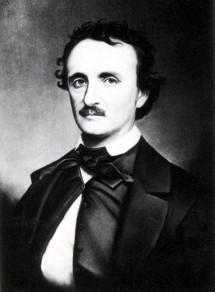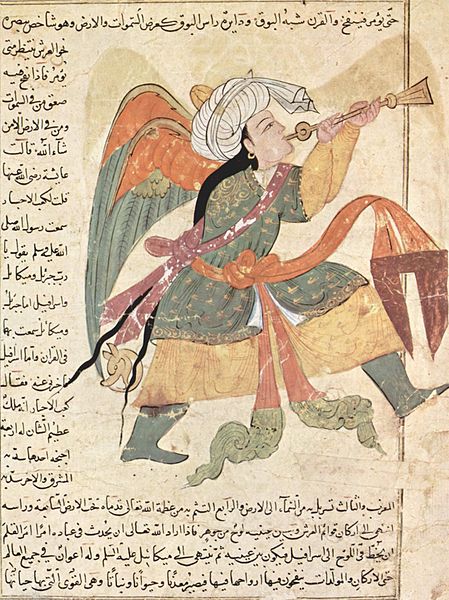Israfel

Daguerreotype copy by Oscar Halling, c. 1860s
(Hervey Allen) (1926)
The big Pennsylvanian author of the romantic hit Anthony Adverse (apparently the favourite novel of Tony Curtis) obviously admired the lush and gothic, and his long, detailed, overwritten biography of Poe is great fun in a crusty, hoary, adamantine way.
Poe’s life was such as to invite that treatment. His work might best be called ‘patchy’, and his life a tribulation. Harold Bloom, who famously detested Poe’s writing, said “Only outrageous overplaying works with Poe…but [he], as I have glumly acknowledged, is inescapable. To dream everyone’s nightmare has to be genius, which cannot be denied Poe.”* He did grudgingly select Poe’s Israfel for his anthology though:
“Yes, heaven is thine: but this
Is a world of sweets and sours:
Our flowers are merely – flowers,
And the shadow of thy bliss
Is the sunshine of ours.”

Edgar Allan Poe, was born on 19 January 1809, in Boston, the son of two actors. His father left the family in 1810, and his mother died in 1811. He was taken in by a couple who raised him. He was an American author and poet, and literary journal writer. He was a writer of crime stories, mysteries, and is said to have inspired many, including for example, Alfred Hitchcock in the making of suspense films. He was one of the first American writers whose works became popular on the European continent, and more particularly in France. His literary reviews earned him the name “tomahawk man”. His first poetry volume under the pseudonym “the Bostonian” was published in 1827. Sir Arthur Conan Doyle said of Poe’s detective stories that each story “Is a root from which a whole literature developed” and said: “Where was the detective story until Poe Breathed the beath of life into it”. His poem “The Raven” was received well when published in January 1845. Poe wrote “Words have no power to impress the mind without the exquisite horror of their reality”. In his letter to George W. Evelath on 4 January 1848 he wrote “I became insane, with long intervals of horrible sanity”. Poe died 7 October 1849. His attending doctor reported that Poe’s final words were “Lord help my poor soul”. The cause of death is not clearly known, however there were many suggestions, including a possibly physical attack on him, or alcoholism, or cholera or various other diseases.
Leave a comment...
While your email address is required to post a comment, it will NOT be published.



0 Comments